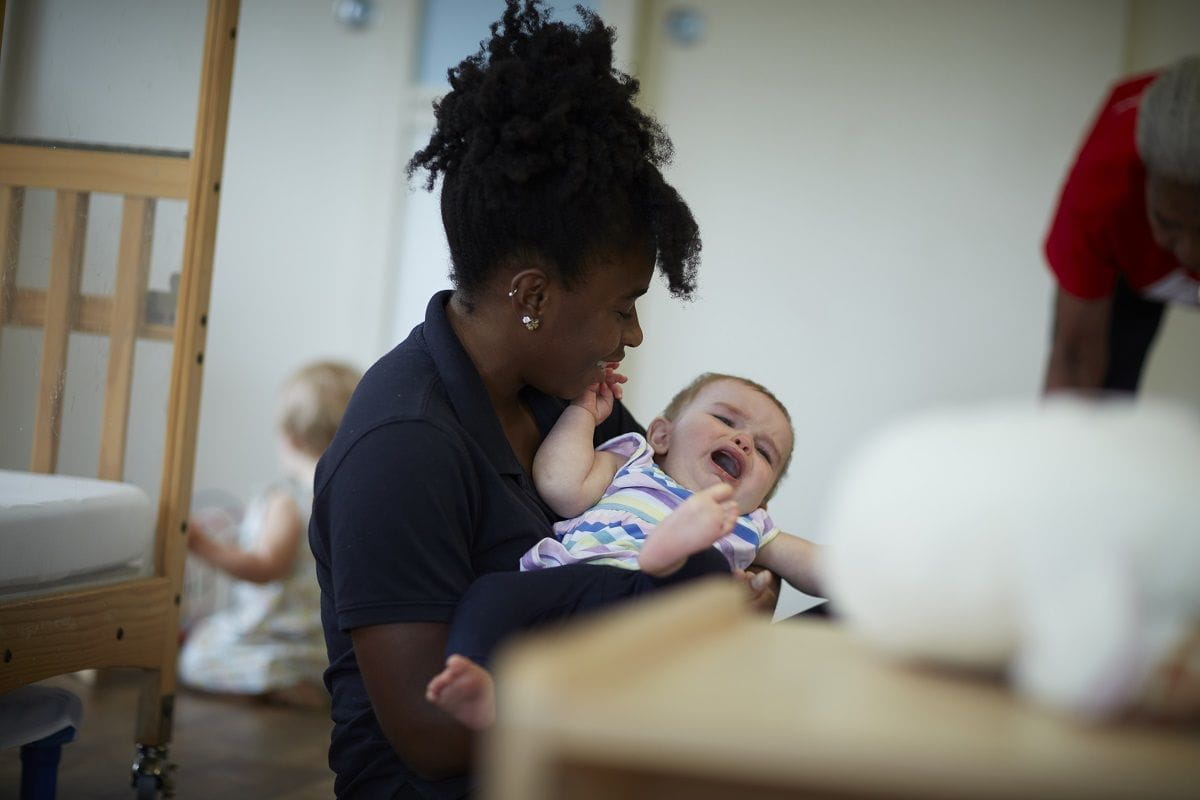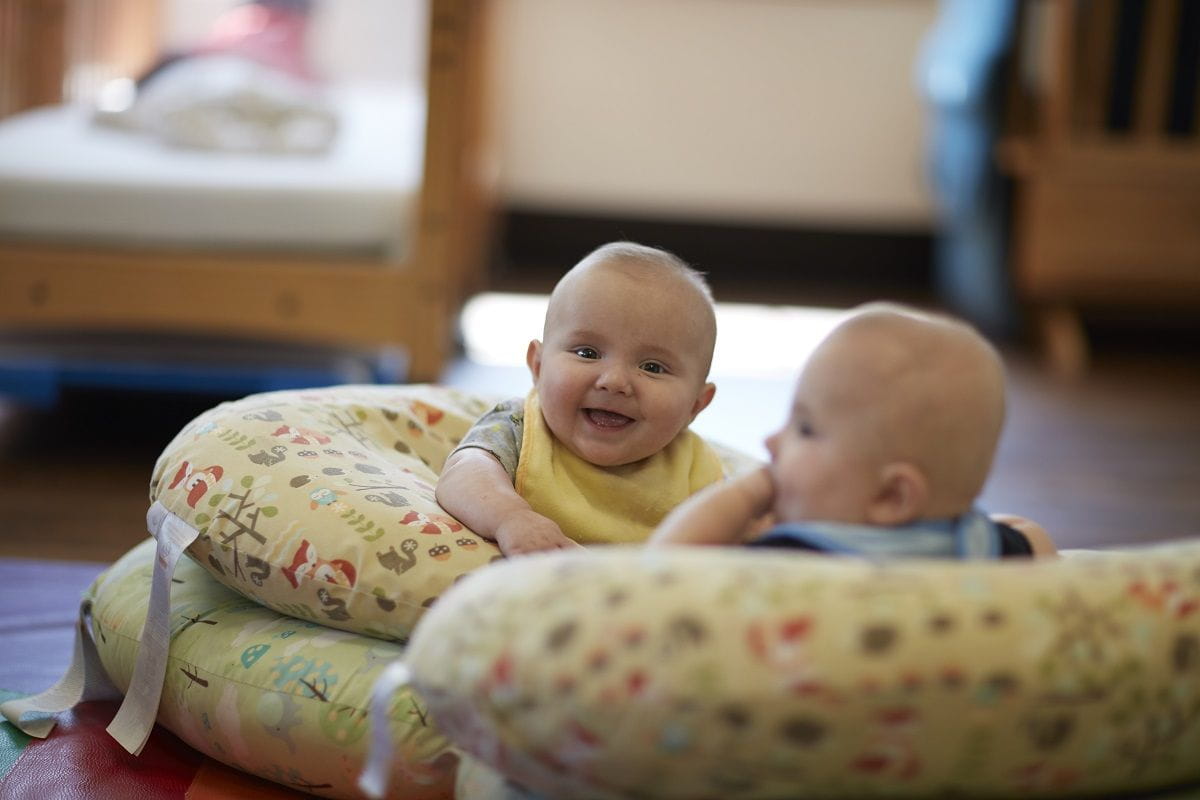Born to Sleep? How a Baby’s Temperament Affects Their Ability to Sleep

From the moment they’re born, your baby’s personality shines through: You see it in how they eat (with zeal! Albeit selectively…), what makes them smile, or how they play. And yes, tired parents, how your baby snoozes (or doesn’t) is also due, in part, to the sleep personality that they were born with, also called “sleep temperament.”
What Is Temperament While Sleeping, Exactly?
Doctors and sleep researchers have identified two types of sleep temperaments in infants as young as six months: self-soothers (babies who can get themselves back to sleep) and signalers (babies who tend to call out during the night). Most babies fall somewhere on spectrum between the two temperaments.
Researchers tend to assign values to these temperament traits (self-soothers are great sleepers, while signalers are problem sleepers), but there really isn’t a strict hierarchy, according to Dr. Elizabeth Super, Pediatrician and Children’s Sleep Specialist with the Pediatric Sleep Medicine program at OHSU Doernbecher Children’s Hospital in Portland, Oregon. “Babies aren’t good or bad sleepers,” she says, “they’re just different.”
Many a bleary-eyed new parent will be relieved to find out that, if their baby doesn’t sleep well, it’s not something they’re doing wrong. Turns out, your baby is just prone to a particular sleep mode. If you’re the parent of a baby yourself, you can probably already guess which temperament your baby has, but read on to find out for sure:
Is Your Baby a Self-Soother?
All babies naturally wake up five to seven times per night—this cycle continues into adulthood, although the waking periods are often imperceptible to adults. Babies with self-soothing sleep temperaments are more easily able to drift off to sleep when bedtime begins, as well as get back to sleep on their own when they wake. These self-soothing sleepy-heads may also snooze for longer periods of time, or start sleeping through the night sooner than other babies.
Signs Your Baby Is a Self-Soother
You may hear your child wake up (perhaps babbling to themselves) and then settle back to sleep. They might use a pacifier, suck their thumb, cuddle up with a favorite blankie, or hum to themselves as part of their soothing routine.

Is Your Baby a Signaler?
It typically takes these wide-eyed infants longer to learn self-soothing skills. These babies may have more difficulty falling and staying asleep, and when they wake up during the night, they may cry or call out.
Signs Your Baby Is a Signaler
If your healthy baby has regular nighttime wake-ups, or if their cries stop and they light up when they see you enter the room, then you may have a signaler. Learning a new sleep routine, or settling back into their normal routine after a vacation, illness, or developmental milestone may take more time as they discover and develop self-soothing skills.

A Baby’s Temperament Can Change Over Time
Whatever their innate sleep temperament, your baby’s sleep skills are a learned behavior. “Developmentally, all children, whatever their sleep temperament, will learn to adapt and fall asleep independently as they grow,” Dr. Super says. The self-soothers of the bunch may have caught on more quickly, but don’t worry, your little signaler will get there in their own time. In the meantime, there are things you can do to help your little signaler find their way to a better night’s rest.
As we know, a good night’s sleep is essential to building a healthy immune system, letting the nervous system rest, aiding digestion, and so many other health benefits. In addition to not getting their own sleep, parents can also worry that their little babe will never learn to settle into a good night’s sleep, but never fear. As children grow, sleep challenges come and go, and even the calmest of self-soothers may have difficult phases of sleep development. Whatever your child’s temperament, supporting great sleep habits will help them build the skills that they need to get good rest.





